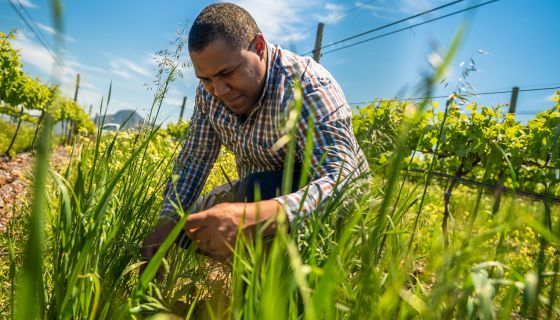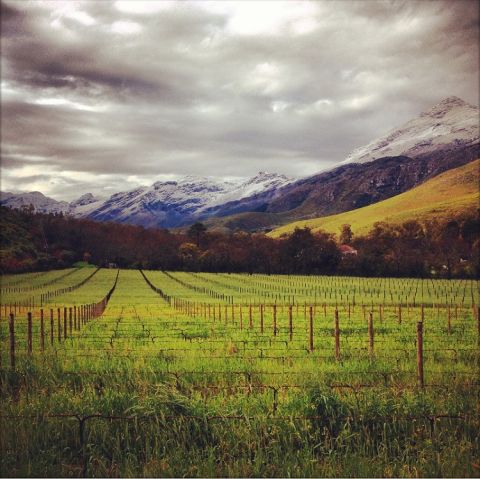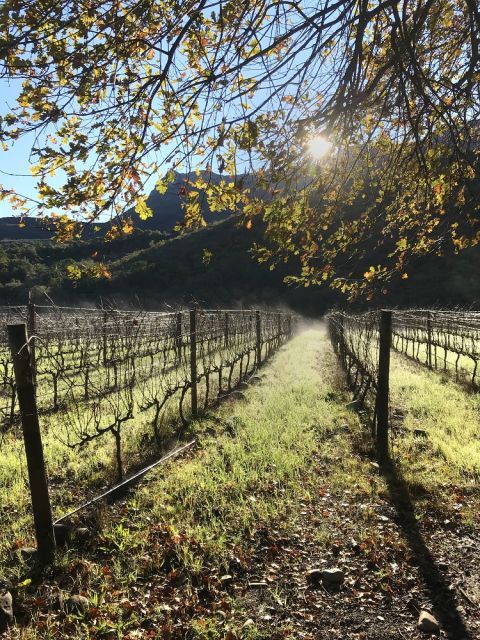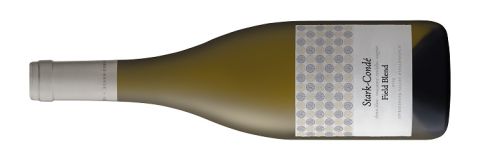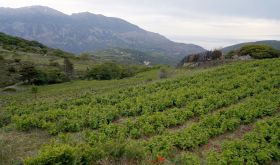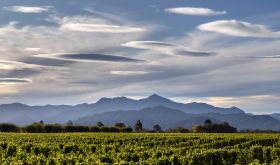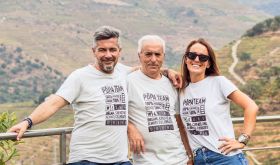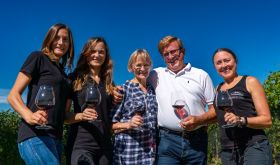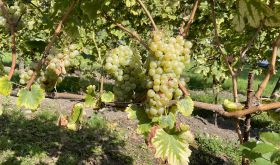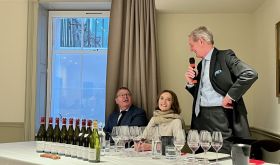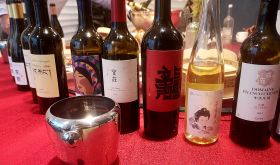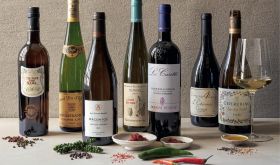From €12.34, 235 rand, 2,200 Japanese yen, £19.95, 25.90 Swiss francs, $29, 1,239 Thai baht
It could be said that winemaker Rüdger van Wyk (pictured above) has broken more barriers and racked up more achievements than the average 30-year-old. But when I first tasted this wine in April, his life story was the furthest thing from my mind. All I knew, in that moment, was that this wine, tasted in the company of some pretty superb and much more ambitiously priced South Africans, was the one that, for me, stole the show. It was only afterwards, writing up the wines, that I realised who’d made the wine.
Stark-Condé, the wine estate itself, has an interesting back story. Born and raised South African, Hans Schroder went to university in Japan (pretty much unheard of in 1960s South Africa) and met his wife-to-be Midori Maruyama there. Apartheid laws meant that they couldn’t come back to live in South Africa, so they spent 30 years in Tokyo where they had three daughters. A few months before Nelson Mandela was released, in 1989, they returned to South Africa, and bought Oude Nektar farm to grow grapes. Their eldest daughter Marie and her American husband Jose Condé (a graphic designer) also decided to move from Tokyo to South Africa, but instead of opening his design studio, as originally planned, Condé got side-tracked by wine. His very first Cabernet, a 1998, was awarded five Platter stars.
The Stark in the estate’s name is a tribute to Hans Schroder’s mother, Franziska Stark, who was a Stellenbosch pioneer. Condé is a tribute to Jose’s father who came to the US as a Cuban immigrant. Japan, Cuba, Germany, America, South Africa: Stark-Condé is a proverbial melting pot. So perhaps it’s fitting that this wonderful wine is a co-planted, co-crushed, co-fermented blend of four varieties that grow on 11 different soil types.
The Jonkershoek Valley, the location of this 2-ha (5-acre) vineyard called Jan Lui’s Field, is a nature reserve south-east of Stellenbosch. At 200 m (660 ft) above sea level and at the bottom of a steep slope, Stark-Condé say that ‘the vineyard is believed to be one of the oldest cultivated fields in Stellenbosch. Grapes have been grown on this site for more than 350 years.’ The vineyards are farmed organically and 80% of the farm is protected, untouched fynbos, rich in some of the most precious biodiversity on the planet.
They decided to tackle the complexity of soil types by planting Chenin Blanc, Roussanne, Verdelho and Viognier all together on the same vineyard in 2008, with the deliberate aim of making one wine from the vineyard. The 2019 is 42% Chenin, 30% Roussanne, 17% Verdelho and 11% Viognier, picked in multiple passes. 95% of the wine was fermented together, 90% was barrel fermented (spontaneously) in neutral oak, 5% in new oak and the rest in concrete eggs. It was aged for eight months in barrel and tank with regular bâtonnage. Residual sugar is 2.8 g/l and the wine undergoes minimal fining and filtration. 11,300 bottles were made.
I was captivated by the perfume on this wine – so much so that I abandoned the Zoom tasting, briefly, to get another glass so that I could leave this wine in its glass on one side and just keep going back to it, breathing it in. It holds layers of florals (jasmine, lemon blossom, choisya, philadelphus) between gauzy layers of smoke and richer swathes of peach cream and tropical fruit – mango, passion fruit, key limes. I loved the way this wine became smokier in the glass, instead of the smokiness drifting off, as it usually does. In fact, the wine intensified the longer it sat in the glass. It’s one of those white wines that needs to be drunk at cellar-moving-to-room temperature rather than fridge cold.
This was also one of the few times I didn’t even think about food pairing. The wine had me in the palm of its hand from the get-go. Food forgotten. But it has that pitch-perfect balance of a wine that will go with pretty much anything. I’d just avoid shouty food, shouty occasions and shouty people, not because it's fragile, but because it is a beautiful wine that deserves attention. In fact, I’d probably opt for something really homey and simple, like roast chicken or butternut risotto. In this summer weather, maybe with chicken/pork souvlaki or a nutty spelt and roast-pepper salad.
Museum Wines import it into the UK and sell it for £21.99, Vin Cognito are selling it for £21.95, but I believe that Exel Wines might be holding most of the last remaining stock of the 2019, at the best price of £19.95 a bottle. In the US it can be bought from Urban Grape (Boston) and Mr D (Miami). It’s also available in Germany, Japan, Luxembourg, Netherlands, South Africa, Switzerland and Thailand.
When it comes to wine, South Africa just keeps on giving.
All photographs supplied by courtesy of Stark-Condé.

